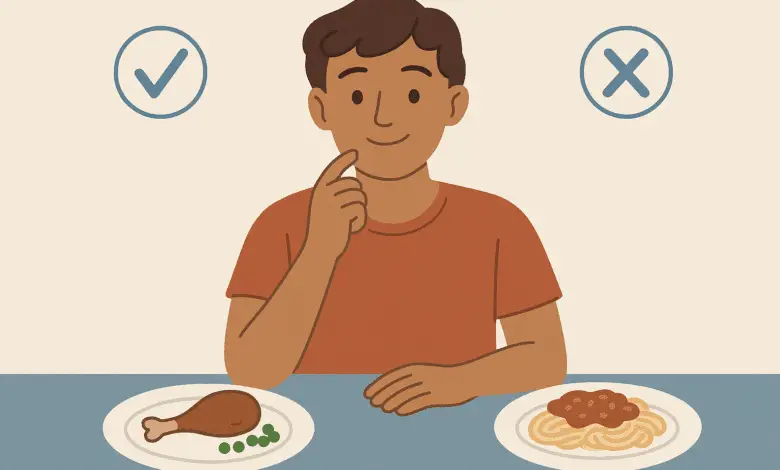
Person Centred Care – What does it mean? Easy Read Guide
We are creating a series of guides that explain important topics in a very simple way.
These guides are written in Easy Read style.
This means:
- Short sentences
- Everyday words
- Clear pictures to help understanding
- No hard words or confusing ideas
These guides are for anyone who wants things explained clearly.
They are especially helpful for people with learning disabilities.
Each guide will talk about one topic.
We will explain what it means, why it matters, and how it affects you.
This guide is about Person-Centred Care – what it really means and how it should work for people with disabilities.
What is Person-Centred Care?
Person-centred care means putting the person first.
It means people with disabilities get to make choices about their own lives.
Many services say they are person-centred.
But sometimes, what they say and what they do are not the same.
What Happened in the Past
In the past, people with disabilities had very few choices.
- Some stayed with their family all their lives.
- Some were sent to institutions (big buildings with strict rules).
- Some got short breaks called respite care.
People didn’t choose:
- What time to wake up.
- What to eat.
- What to do each day.
Staff made the choices “for their own good.”
But really, people were not listened to or respected.
Some services still do this today, even if they use new words.
What Person-Centred Care Looks Like Today
Person-centred care means you are in charge of your own life.
It means:
- You decide when to get up.
- You choose what you want to eat.
- You pick your own hobbies and activities.
Your daily routines are important. These choices may seem small. But they are very important.
They give you freedom and dignity (feeling respected).
Big Life Choices Matter Too
You also choose:
- Where you live.
- Who you live with.
- What job or activities you do.
- How you spend your free time.
Everyone is different.
Example:
Marcus wants to live in a busy town. He loves concerts and sports.
Sophia wants a quiet home in the countryside. She loves gardening and animals.
There is no wrong choice — just the right one for you.
Real Life, Not “Special” Programs
Some services keep people in “special” places:
- Special houses
- Special jobs
- Special activities
Person-centred care is different. It helps people be part of everyday life.
It means:
- Jamal goes to real college classes, not just “life skills” lessons.
- Elena works in a local coffee shop, not a place only for people with disabilities.
- Trevor joins a regular photography club, not a group just for disabled people.
- Maria lives in a house like anyone else, not in a building made just for disabled people.
Support should help you be part of your local community.
What Does Person-Centred Care Look Like Each Day?
Let’s look at two examples:
1. Helping with stress
- In the old way: Staff made a plan to stop André from pacing when he was worried.
- In person-centred care: Staff ask André what helps him feel calm. They call it a behaviour plan. He chooses what works best for him.
2. Choosing activities
- In the old way: Everyone does the same thing on the same day (movie night, bowling, shopping).
- In person-centred care: You choose your own interests — maybe choir, kickboxing, or fantasy football.
Staff build real friendships with people.
They don’t just do their job. They care.
Planning Should Feel Right
In the old way, meetings felt more like tests.
They talked about problems, not dreams.
Person-centred planning is different:
- It happens in places you feel happy — at home, a café, or the park.
- You choose who comes — friends, family, or neighbours.
- The plan is about your goals, like:
- Getting a driver’s licence
- Joining a drama group
- Finding a better apartment to live in
- Fixing a relationship
Planning should help you move forward.
How Services Can Really Do This
Some services say they are person-centred.
But their staff don’t always know what that means.
A truly person-centred service:
- Hires kind and caring staff.
- Trains staff to be creative and flexible.
- Supports staff to keep learning.
- Listens to people with disabilities.
Because you are the expert on your own life.
Why It Matters
This way of working is not easy.
It means:
- Letting go of control
- Being honest and open
- Changing old systems
But it is worth it.
When it’s done right:
- People feel proud.
- People feel included.
- People grow and succeed.
- People live the life they choose.
Key Message
Person-centred care means:
Every person has the right to live their own life — with choice, dignity, and respect.